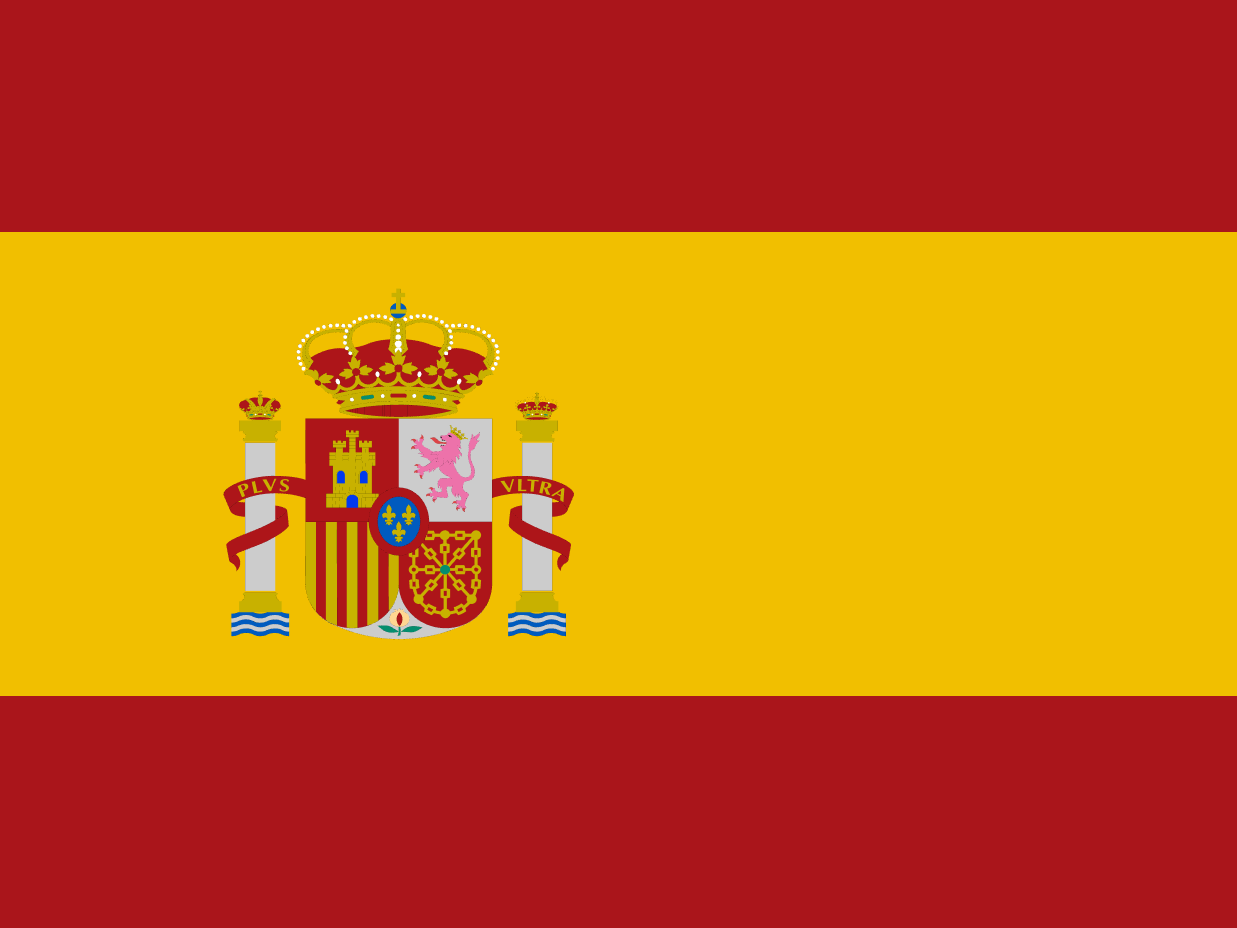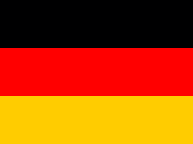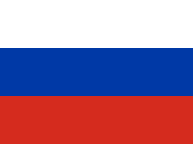Introduction
The online gambling industry is booming, with millions of players worldwide looking for exciting and trustworthy gaming experiences. If you're considering launching an online casino, obtaining a proper license is your first and most crucial step. Not only does a license ensure that your operations are legal, but it also builds trust with players and partners. In this guide, we'll walk you through the process of obtaining an online casino license, introduce you to some of the most popular licenses available, and provide actionable steps to get started.

1. Why do You Need an Online Casino License?
An online casino license is essential for several reasons:
- Legality
Operating without a license is illegal in most jurisdictions and can result in severe penalties, including fines and business closure.
- Player Trust
A license from a reputable authority signals to players that your casino is fair, secure, and regulated.
- Payment Processing
Licensed casinos can work with major payment providers, making it easier for players to deposit and withdraw funds.
- Marketing Opportunities
Licensed casinos can advertise across various platforms, reaching a broader audience and attracting more players.
2. Introduction of Popular Online Casino Licenses
Several jurisdictions worldwide offer online casino licenses, each with its own regulatory framework, costs, and reputation. Here are some of the most well-known licenses:
Anjouan Gambling License
Offers a more affordable and efficient licensing process compared to many established jurisdictions. The Anjouan license covers many online gambling activities, making it an attractive option for startups and smaller operators. It’s particularly appealing for those targeting emerging markets or looking for a cost-effective entry into the online gaming industry.
- Key Benefits
Lower costs, faster processing times, and broad coverage of various online gambling activities.
- Challenges
Emerging reputation may impact player trust and market access in highly regulated regions.
Malta Gaming Authority (MGA)
The Malta Gaming Authority is one of the most respected licenses in the online gambling industry. The MGA is known for its stringent regulations, which ensure high levels of player protection and fair gaming practices.
Benefits
High regulatory standards, access to European markets, and strong player trust.
Challenges
Higher costs and more complex application process compared to other jurisdictions.
Curacao eGaming
Curacao eGaming is one of the oldest and most affordable licensing options available. It offers a straightforward application process, making it a popular choice for startups and smaller operators.
Benefits
Lower costs, quick application process, covers a wide range of gambling activities.
Challenges
Less stringent regulations might affect player trust in certain markets.
Gibraltar Regulatory Authority (GRA)
Gibraltar is home to many of the world’s leading online gambling operators. The Gibraltar Regulatory Authority provides a well-regarded license that comes with strong regulatory oversight.
Benefits
High reputation, access to UK markets, favorable tax rates.
Challenges
Strict application process and high standards for compliance.
Isle of Man Gambling Supervision Commission
The Isle of Man offers a stable and well-respected regulatory environment, making it a popular choice for established operators looking for long-term stability.
Benefits
High regulatory standards, strong reputation, robust legal framework.
Challenges
More expensive and time-consuming application process.

3. The Licensing Process: Step-by-Step Guide
Choose Your Jurisdiction
Your first step is to select the jurisdiction where you want to apply for a license. Consider factors such as regulatory requirements, costs, market access, and the reputation of the licensing authority.
Prepare the Required Documentation
Once you've chosen a jurisdiction, you'll need to gather the necessary documentation. The specific requirements vary, but typically include:
- Business Plan
Detailed plans outlining your casino’s operations, marketing strategies, and financial projections.
- Background Checks
Comprehensive background checks on the casino’s owners, directors, and key personnel.
- Financial Statements
Proof of financial stability, including bank statements and other relevant documentation.
- Software and Game Testing
Certification that your casino’s software and games are fair and meet regulatory standards.
- Anti-Money Laundering (AML) Procedures
Detailed documentation of your casino’s AML policies.
Submit Your Application
Submit your application along with the required documentation to the regulatory authority in your chosen jurisdiction. The review process can take anywhere from a few weeks to several months, depending on the jurisdiction and the complexity of your application.
Compliance and Ongoing Requirements
Once your license is granted, you must comply with ongoing regulatory requirements, which may include:
- Regular Audits
Periodic audits to ensure that your casino is operating fairly and in compliance with the law.
- Reporting
Regular submission of reports to the regulatory authority, including financial statements and player activity reports.
- License Renewals
Most licenses need to be renewed periodically, which involves paying renewal fees and submitting updated documentation.
4. Understanding the Costs and Timeframes
The costs associated with obtaining an online casino license vary widely depending on the jurisdiction. Here’s a general overview:
- Application Fees
These can range from a few thousand to tens of thousands of dollars.
- Annual Fees
After your license is approved, you’ll typically need to pay annual fees, which can also range significantly.
- Compliance Costs
Ongoing costs for audits, compliance, and legal fees should also be factored into your budget.
The timeframe for obtaining a license also varies. In some jurisdictions, the process can be completed in a few weeks, while in others, it may take several months.
5. Consider Professional Assistance
The process of obtaining an online casino license can be complex and time-consuming. Working with a legal expert or a consultancy firm that specializes in online gambling can make the process smoother and ensure that you meet all the regulatory requirements.
Conclusion
Obtaining an online casino license is a crucial step in launching a successful online gambling business. By understanding the different licenses available, choosing the right jurisdiction, preparing the necessary documentation, and complying with ongoing requirements, you can ensure that your casino operates legally and attracts players from around the world.
Ready to Start Your Online Casino?
Don't go through the licensing process alone. Contact Us today for expert guidance on securing your online casino license. Whether you need legal advice, support with documentation, or full-service licensing assistance, our team is here to help you every step of the way. Let's turn your online casino dream into a reality!











.svg)
.png)
.png)
.png)
.png)

.png)

